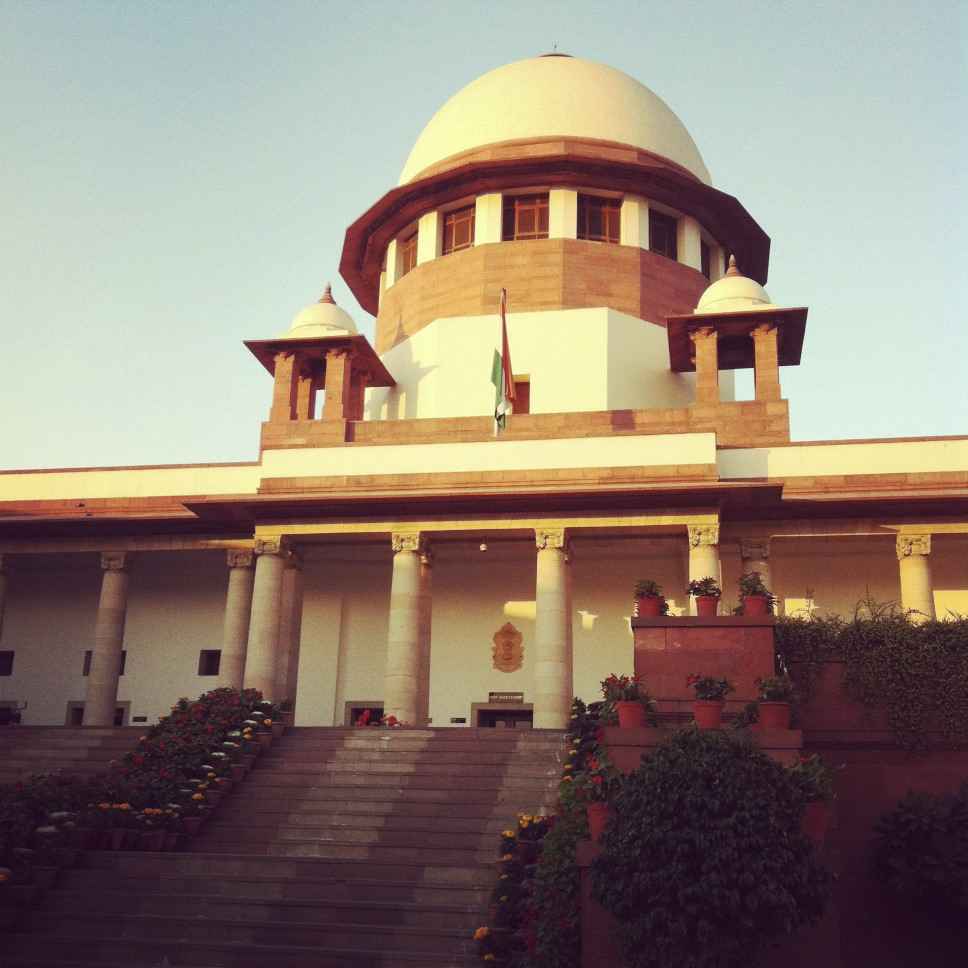Indian Supreme Court enjoys a number of powers evident in its jurisdiction. They are of following kinds:
1. Original Jurisdiction:
Article 131 of Indian Constitution provides for original jurisdiction that deals with disputes (i) between the Government of India and one or more States, (ii) between the Government of India and any State or States on the one side and one or more other States on the other, or (iii) between two or more states. However, disputes arising out of the provisions of treaties with the former Indian States or to which any such State is a party are excluded from the Original Jurisdiction of the Supreme Court.
2. Writ Jurisdiction:
ADVERTISEMENTS:
Supreme Court enjoys powers under Article 32 for the enforcement of Fundamental Rights. It is exercised in the nature of writs, viz; Habeas Corpus, Mandamas, Certiorari, Quo Warranto and Prohibition.
3. Appellate Jurisdiction:
The Supreme Court is the highest court of appeal in all Civil, Criminal and Constitutional cases. Moreover, under “special leave to Appeal” provided in Article 136; the Supreme Court has discretionary powers to take cases from High Courts.
Article 134 of the Constitution for the first time provides for an appeal to the Supreme Court from any judgment, final order or sentence in a criminal proceeding of a High Court, as of right, in two specified classes of cases—(a) where the High Court has on an appeal reversed an order of acquittal of an accused person and sentenced him to death; (b) where the High Court has withdrawn for trial before itself any case from any Court subordinate to its authority and has in such trial convicted the accused and sentenced him to death.
In these two classes of cases relating to a sentence of death by the High Court, appeal lies to the Supreme Court as of right. Moreover, an appeal may lie to the Supreme Court in any criminal case if the High Court certifies that the case is a fit one for appeal to the Supreme Court.
4. Advisory Jurisdiction:
ADVERTISEMENTS:
Under Article 143 of the Constitution, President can seek advisory opinion of the Supreme Court when it appeals to him that a question of law or fact has arisen, or is likely to arise, which is of such a nature and of such public importance that it is expedient to obtain the opinion of the Supreme Court upon it. The President is not bound to accept the opinion of the Supreme Court. The Court is not bound to give its advice.
5. Revisory Jurisdiction:
Under Article 137 the Supreme Court can revise its own judgment, order or direction. Besides, Article 138 and Article 139 provide that Parliament by law can extend the jurisdiction of the Supreme Court.
